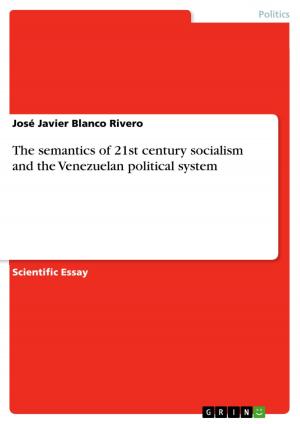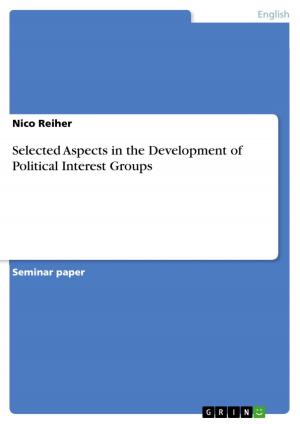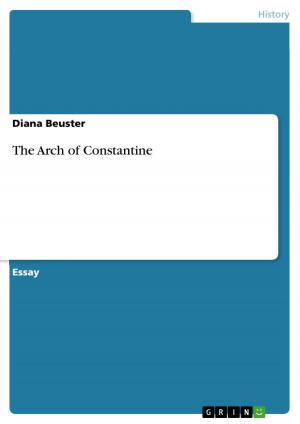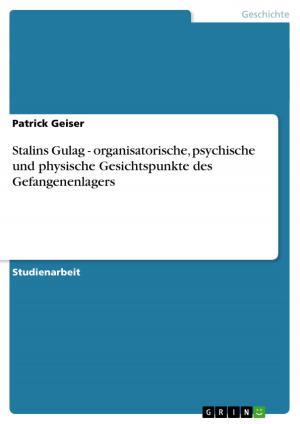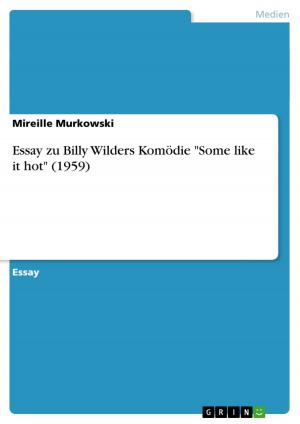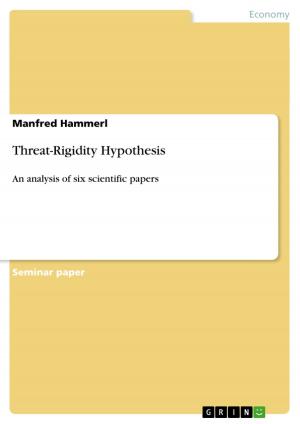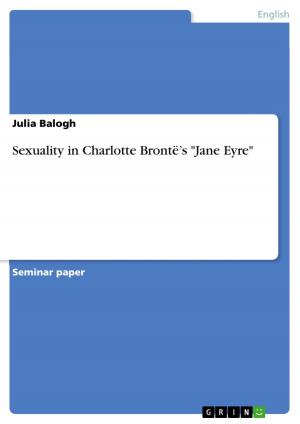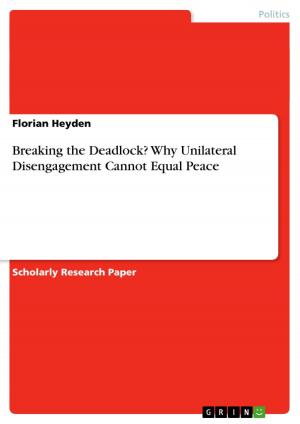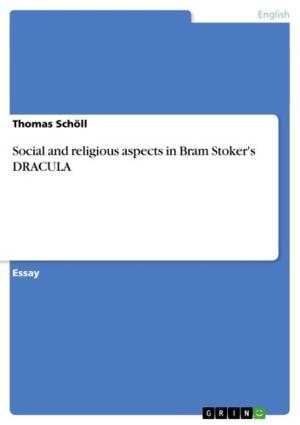Diachrone Inflection - An Outline of the Development of the Inflectional System from Old English to Modern English
An Outline of the Development of the Inflectional System from Old English to Modern English
Nonfiction, Entertainment, Drama, Anthologies| Author: | Stefan Hinterholzer | ISBN: | 9783638583251 |
| Publisher: | GRIN Publishing | Publication: | December 28, 2006 |
| Imprint: | GRIN Publishing | Language: | English |
| Author: | Stefan Hinterholzer |
| ISBN: | 9783638583251 |
| Publisher: | GRIN Publishing |
| Publication: | December 28, 2006 |
| Imprint: | GRIN Publishing |
| Language: | English |
Seminar paper from the year 2006 in the subject English Language and Literature Studies - Linguistics, grade: 1, University of Innsbruck (Department of English), course: English Word Formation, 5 entries in the bibliography, language: English, abstract: Diachrone analyses of a language analyze the state of a language at different periods of time or its development throughout time. Today English is a language that is almost uninflected, but this has not always been the case. The Old English language had many inflectional distinctions, which got almost totally lost throughout time. In this research paper I will show the different states of the inflectional system in the Old, Middle, Early Modern and Modern English. Furthermore, there will be shown and clarified the dramatic loss of inflectional distinctions in the English language. The tables in this research paper are partly adapted from books, partly slightly modified and partly created on my own by summarizing information of texts or results of this research paper in a table.
Seminar paper from the year 2006 in the subject English Language and Literature Studies - Linguistics, grade: 1, University of Innsbruck (Department of English), course: English Word Formation, 5 entries in the bibliography, language: English, abstract: Diachrone analyses of a language analyze the state of a language at different periods of time or its development throughout time. Today English is a language that is almost uninflected, but this has not always been the case. The Old English language had many inflectional distinctions, which got almost totally lost throughout time. In this research paper I will show the different states of the inflectional system in the Old, Middle, Early Modern and Modern English. Furthermore, there will be shown and clarified the dramatic loss of inflectional distinctions in the English language. The tables in this research paper are partly adapted from books, partly slightly modified and partly created on my own by summarizing information of texts or results of this research paper in a table.

